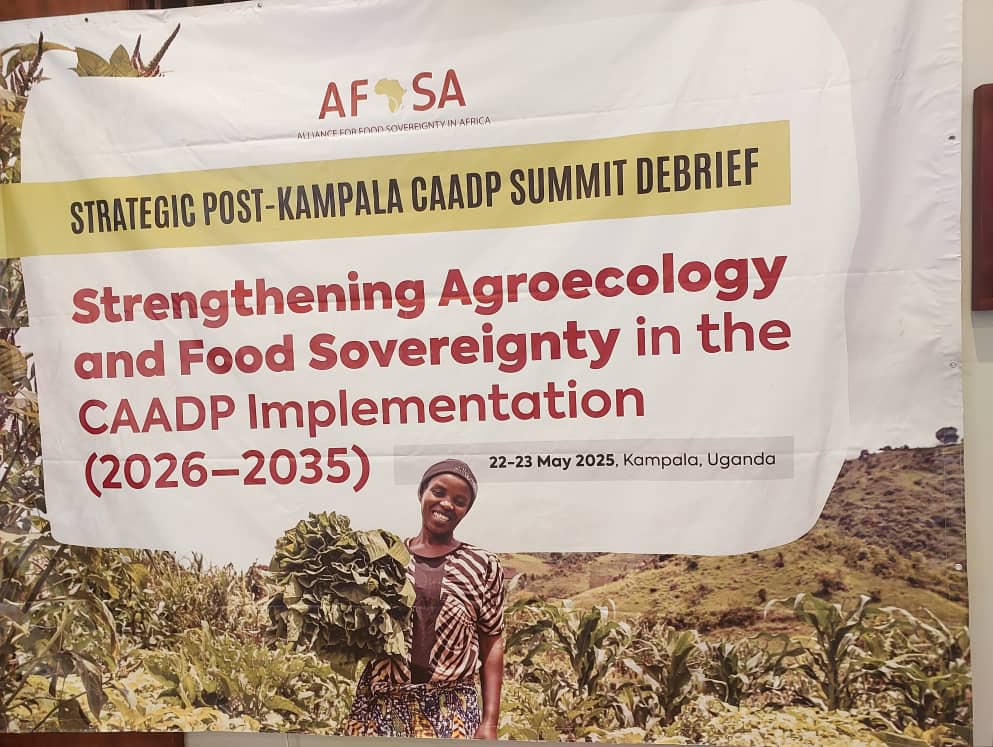By Nambi Catherine
As Africa rallies around the newly launched Comprehensive Africa Agriculture Development Programme CAADP Kampala Declaration 2026-2035, experts emphasize the critical role of agroecology in achieving the continent’s agricultural transformation and sustainable development goals.
This declaration, adopted by African Union member states, aims to significantly enhance food security and nutrition while promoting sustainable agricultural practices across the region.
Agroecology, which integrates ecological principles into agricultural practices, represents a holistic approach that enhances biodiversity, improves soil health, and promotes resilience against climate change.
As African countries face myriad challenges, including rapid population growth, urbanization, and climate-related impacts, the need for sustainable agricultural methods has never been more pressing.
Experts gathered at the strategic Post-Kampala CAADP summit debrief held between 22nd and 23rd May called for a stronger emphasis on agroecology in the implementation of the CAADP which seeks to shape and drive the future of the agri-food systems on the continent for the next ten years.
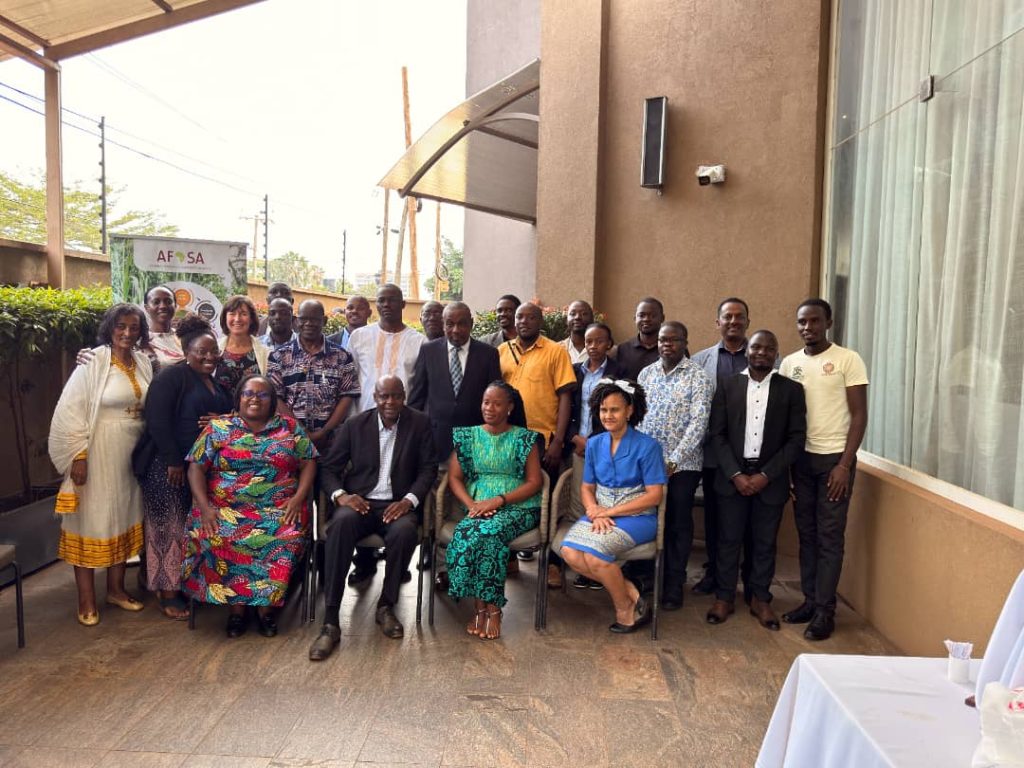
Hakim Baliraine the chairperson Alliance for Food Sovereignty in Africa (AFSA) the meeting convened by AFSA sought to consolidate civil society reflections, coordinate advocacy, and propose actionable pathways that center agroecology and food sovereignty in CAADP implementation at national, regional, and continental levels.
We at AFSA regard agroecology as key and pillar in transforming the food systems in Africa and the rest of the world. So today we are here in this meeting to see that how do we influence the inclusion of agroecology at all levels of the CAADP implementation, first during this period, before its implementation in January next year, we would like to see how do we influence the AUC. Secondly, we want to see how agroecology can become one of the key entry points and we look at the indicators using the 13 principles of agroecology so that at national level and regional economic level, it will be very easy for us to handle and be able to see how its implementation works. So basically we are here to strategies on how can we engage during this period before its implementation “said Baliraine.
Baliraine stressed that “agroecology offers practical, localized solutions that respect traditional knowledge and promote biodiversity. Adding that by adopting these practices, African nations can move towards a more sustainable and equitable agricultural system.”
The CAADP, aims to promote agriculture-led growth and improve livelihoods across Africa.
However, implementation has faced criticism for its heavy focus on conventional agricultural inputs, such as fertilizers and pesticides, which, while increasing short-term yields, often lead to long-term environmental degradation.
Anne Maina a renowned Kenyan agroecologist and National coordinator Biodiversity and Biosafety Association of Kenya challenged African countries to recognize the potential of agroecology not as a secondary option, but as a fundamental component of the CAADP framework.
She noted that Agroecology is not just about sustainability; it is about resilience as it enhances biodiversity, reduces dependence on chemical inputs, and increases farmers’ autonomy.

Maina argues that although the CAADP Kampala declaration captured some of the principles of agroecology it falls short in providing feasible options to achieving sustainable food systems in Africa.
Maina emphasized, “We see there are some provisions that are there that stick on the agroecology principles, like some principles of animal health, soil health, fairness, but we do not see the CAADP out rightly promoting agroecology, which is something that we think will be very important even as we move forward, even as we relook the indicators to ensure that agroecology, which is a science, a practice, and a movement that is promoting sustainable agriculture methods is included, and all these principles of co-creation, working with farmers, even with the scientists, to ensure a reduction of external synthetic fertilizers and highly hazardous pesticides that affect food production in Uganda and, indeed, in Africa.”
Anne Maina cited that “the integration of agroecological approaches into CAADP can also empower women and marginalized communities, who often bear the brunt of agricultural challenges adding that agroecology is essential for creating inclusive policies that promote equity and sustainability.”
Million Belay the General coordinator AFSA notes that In the face of reduced donor funding, agroecology offers a cost-effective pathway to not only maintain yields but also to rejuvenate our ecosystems.”
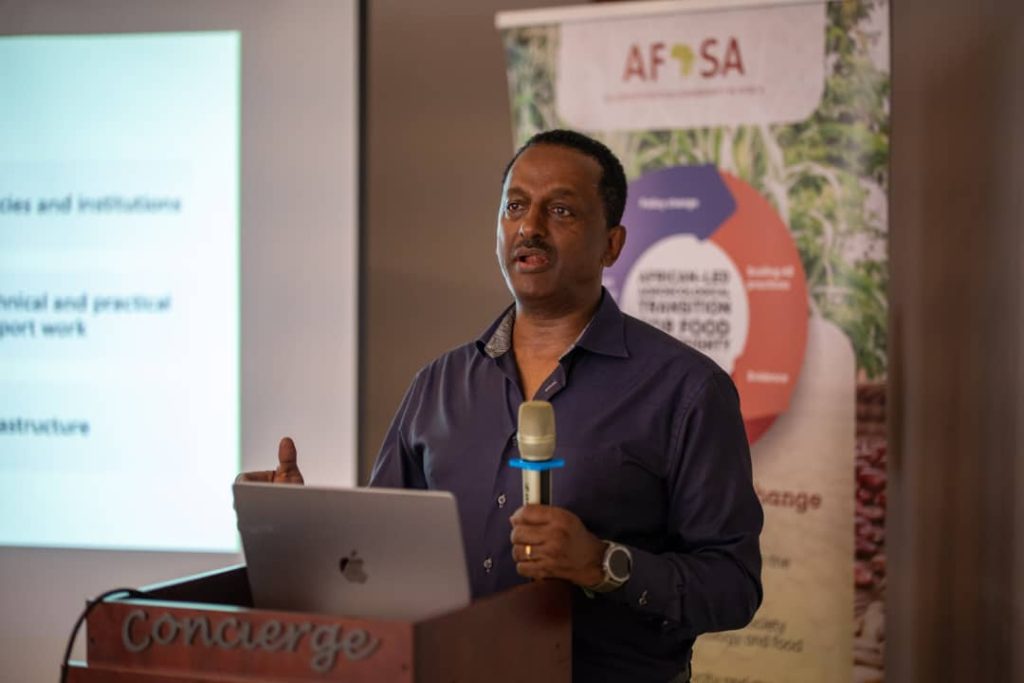
He says with climate change leading to unpredictable weather patterns, agroecology offers strategies that improve farmers’ resilience especially since it focuses on conserving natural resources it has a great potential to help mitigate the impacts of droughts and floods, ensuring stable production systems for local communities.
According to Million Belay , Smallholder farmers are the backbone of African agriculture, and agroecology promotes economic sustainability by reducing dependency on costly chemical inputs as well as leveraging local resources and knowledge enabling farmers to lower costs and enhance their profits, fostering local economies.
Participants underscored the potential of agroecology to boost local economies while ensuring food diversity and nutritional security.
They also pointed out that smallholder farmers, who make up a significant portion of the agricultural workforce in Africa, can greatly benefit from these inclusive practices.
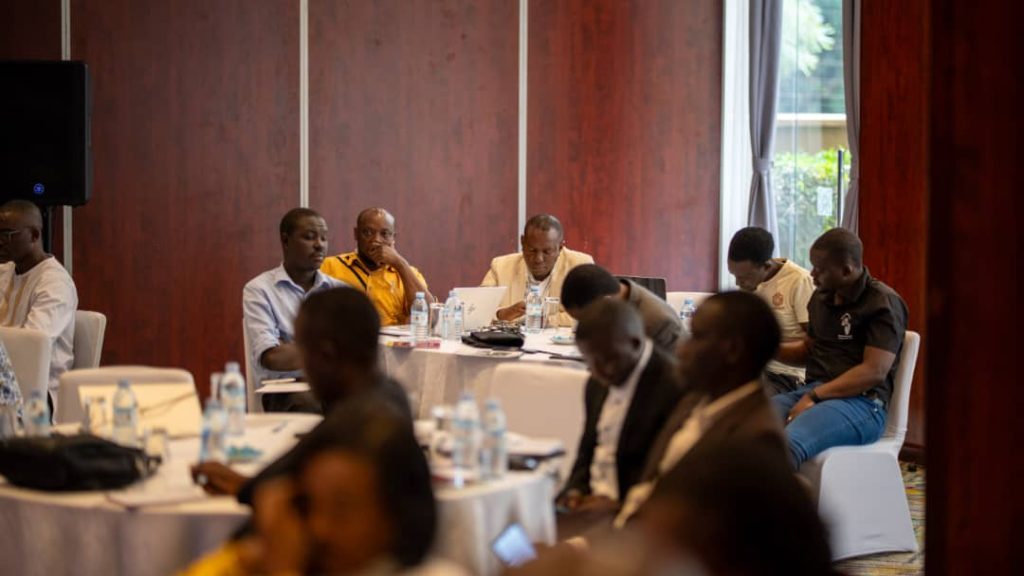
The meeting made a unanimous call for increased investment in research and development of agrocological practices, stressing the need for collaboration between governments, the private sector, and civil society.
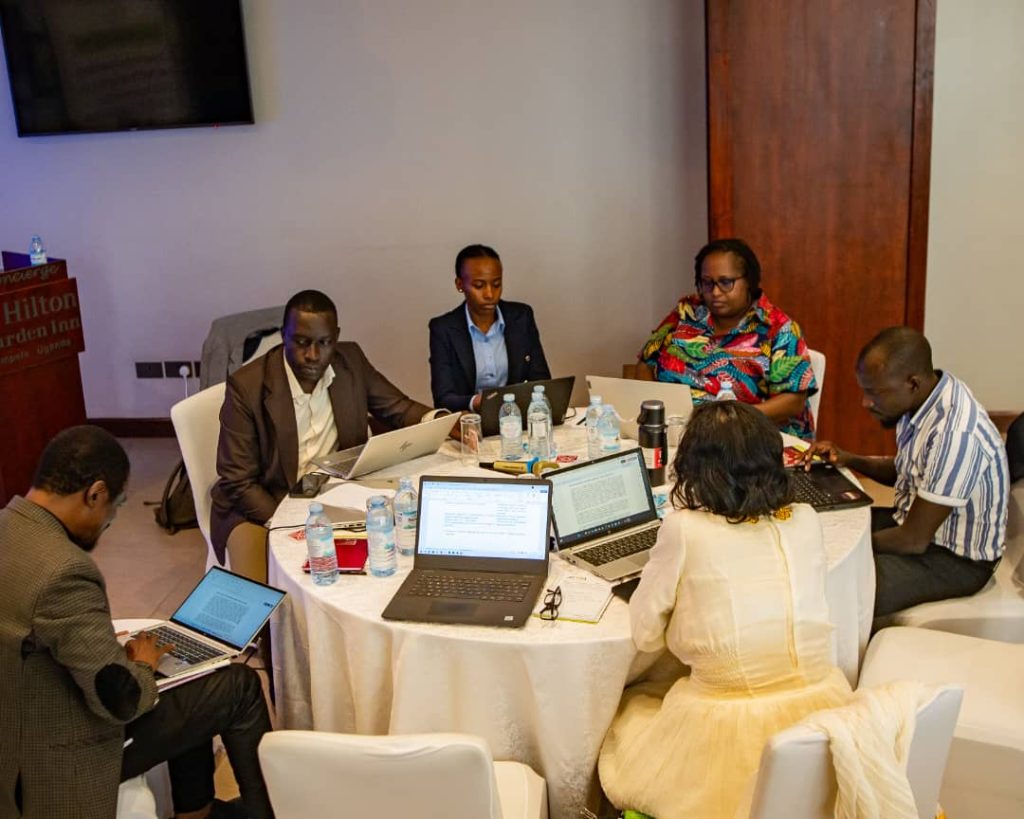
Agroecology applies several key social principles to build just and sustainable food systems by empowering local communities to reclaim control over food production, foster resilience and promote local knowledge in agricultural practices.
Proponents for agroecology emphasize that by prioritizing agroecology practices African countries can safeguard biodiversity, enhance nutrition, improve soil health and strengthen local food systems.


